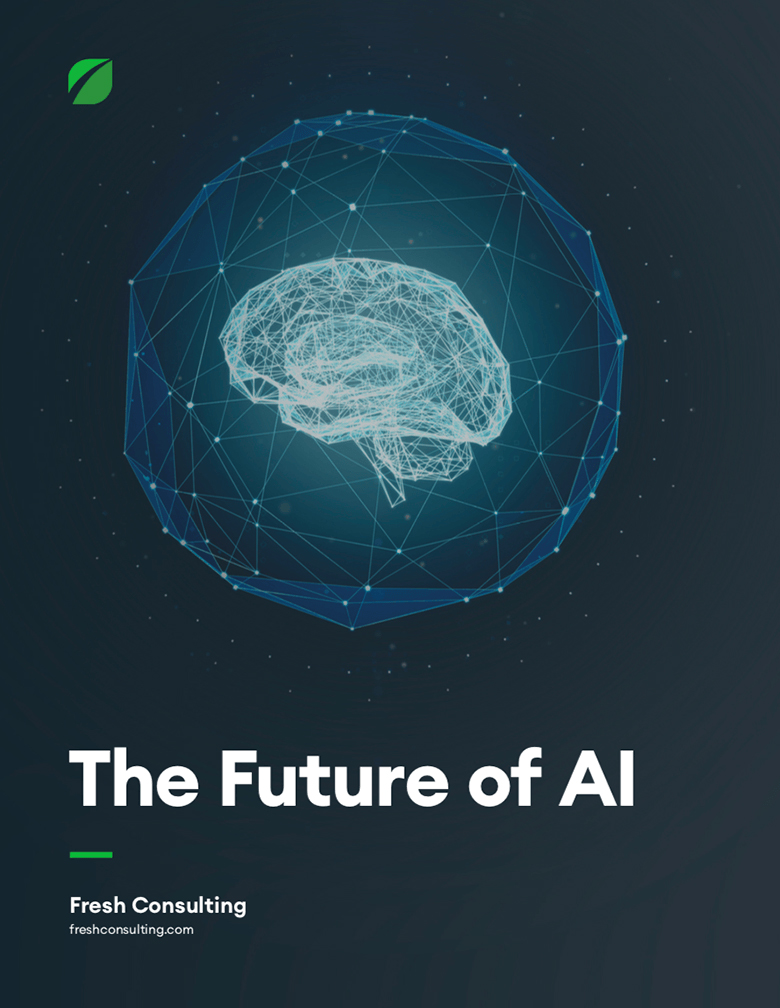
The company is pursuing the technology at a breakneck pace, having purchased several AI startup companies in the last few years, and is making massive strides in the area.14 The most significant of these purchases have been DeepMind, a British AI research company discussed further down this list.15

Amazon
The first version of the Echo was released to the public in 2015 and has become one of the most popular home personal assistants.8 Since the first Echo product was announced, various versions have been released with different sizes and capabilities. Amazon has also partnered with individuals like Peter Thiel and Elon Musk to begin monitoring AI development and promoting responsible practices in the industry.

Apple
For instance, the cameras on iPhones use neural networks to not only take better photos but perform tasks in real time that used to only be possible with a traditional camera.18 At therelease of the iPhone X they announced that machine learning would be incorporated in all of their new phones.19 While its function is still mostly underneath the surface, many of the new iPhone features (like FaceID) use AI, and we will likely see more examples of this as time goes on.

They have four AI labs around the world, all working on different aspects of AI. While some of these are for the company’s social media site (like an AI Assistant for their Messenger platform), they are also working towards the general advancement of AI technology.27
In 2016, Facebook CEO Mark Zuckerberg also introduced an AI he built for his home called JARVIS, which he named after the AI from Iron Man.28 JARVIS gives us an idea of what living with a more sophisticated assistant could look like and shows that the technology might not be as far off as we think.

Microsoft
Their Azure cloud service now includes AI software that can be used by developers and enterprises to make AI development faster and simpler. Azure’s Cognitive Service gives users access to over 24 cloud-based APIs for various aspects of AI, including vision, speech, knowledge, search, and language. These APIs make it faster and simpler to begin employing AI, as well as offer the security and privacy that comes with Microsoft systems.40






